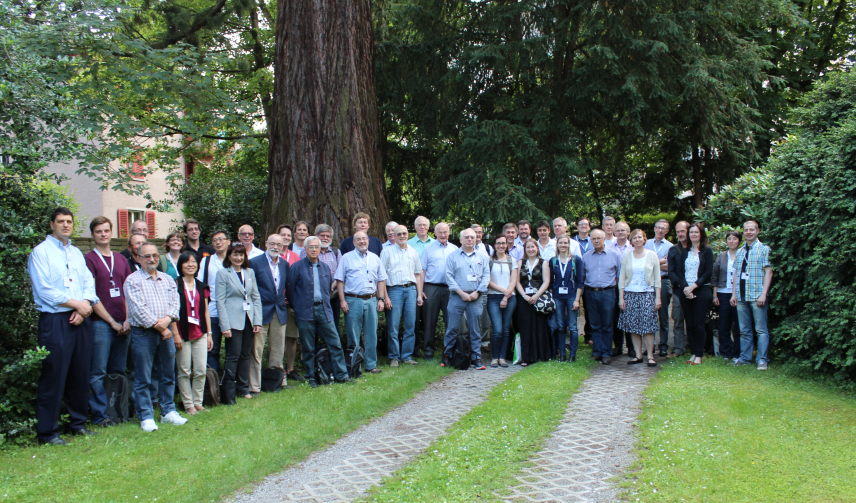
Workshop Participants (picture taken by S. Saliba)
Context
There has been considerable progress in solar physics, in the physics of space plasmas and in the physics of the Earth’s magnetosphere and ionosphere in recent decades. Solar-terrestrial physics evolved as the discipline that covers studies of solar effects on the Earth’s space environment. In more recent years, the concept of space weather has developed as both a scientific discipline and, increasingly, a topic that provides a forum to assess the vulnerabilities of the space infrastructure of 21st century human life on Earth from solar disturbances. Therefore space weather research covers more than solar-terrestrial effects as it also includes the physics behind those phenomena that are identified as hazards in space and on the ground. A key requirement of space weather studies is the understanding of causal chains from the Sun to the terrestrial environment and their quantified predictability
Objective of the Workshop
The science of space weather is therefore effectively a synthesis of solar and near-Earth space phenomena and the causal links from the Sun to the Earth’s neighborhood. The objectives of the Workshop will be to review the elements of the physical processes and to identify the way they link to each other to form the causal chains from the Sun to the Earth and thus to assess and review the scientific foundations of Space Weather.
The topics covered in the Workshop:
• Space weather: what it is, most important causal effects (and what’s impacted)
• Solar phenomena driving space weather and their predictability
• Propagation of solar phenomena in the inner heliosphere
• The geoeffectiveness of solar phenomena –
• Anthropogenic space weather effects
• Extreme space weather events
• Space climate – long term variations in space weather effects
• Space weather at other planets in the solar system
• What can we learn from the activity of sun-like stars
